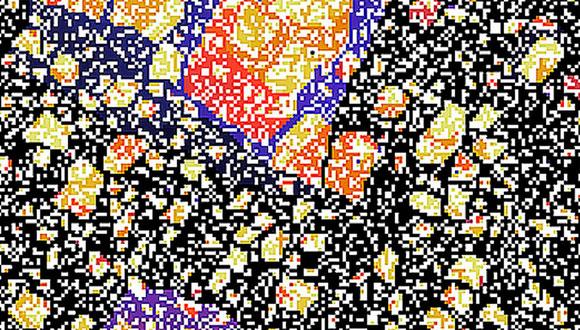Biological & Soft Matter Seminar: Large deviations, rain showers and planet formation
Prof. Michael Wilkinson from Mathematics and Statistics, Open University, England
Abstract:
Rainfall from ice-free cumulus clouds requires collisions of very large numbers of microscopic droplets to create every raindrop, and the collision rate for the first few droplet coalescences is typically less than one per hour. The onset of rain showers can be surprisingly rapid, much faster than the mean time required for a single collision.
Large-deviation theory is used to explain this fact.
I shall also discuss whether these results apply to planet formation. If planets grow by accretion of dust particles, this must happen very rapidly because objects of roughly metre size spiral into the star over a timescale of less than a thousand years. For this problem, large deviation theory is less promising. I discuss an alternative approach.


